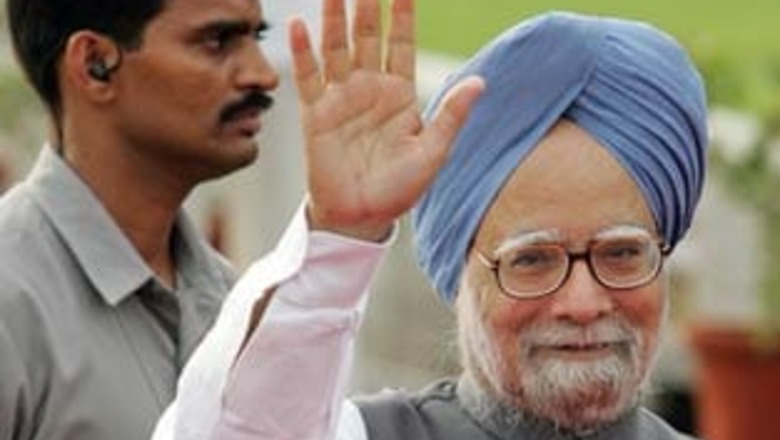
views
New Delhi: Ahead of the G8 summit in Italy, Prime Minister Manmohan Singh has made a vigorous pitch for reform of the United Nations Security Council (UNSC) and underlined that India will seek its due place in the emerging international order.
"The structure of United Nations Security Council must evolve to become true representative of the global community," the Prime Minister argued in an article he has written for The Vision of Emerging Powers - India. It has been published in the compendium brought out by the G8 nations on the eve of its summit in Italy.
Contending that the present veto power system is outdated, the Prime Minister wrote: "The system of two-tiered membership, which gives a veto to the five permanent members ie the nations that emerged victorious after the Second World War, is clearly anachronistic."
"Germany and Japan, which have significantly larger economies than Britain and France, both permanent members, are excluded. China is the only developing country in the P-5 and it is there for historical reasons, not as a large and economically important developing country," he wrote.
"It is obvious that if the system was being designed today it would be very different," he said while critiquing the sluggish movement in the crucial area of reforms of international institutions.
Making a case for the inclusion of emerging and developing countries in the Security Council and global financial institutions, the Prime Minister outlined his vision of India's place in the international order.
"India, as the largest democracy in the world and an emerging economy that has achieved the ability to grow rapidly, remains deeply committed to multilateralism," Manmohan Singh said.
"It has been an active member in global institutions - the United Nations, Bretton Woods Institutions, World Trade Organisation, International Atomic Energy Agency and so on. It will continue to be so in the decades ahead, based on commitment to principles and values that define these institutions."
"India will seek its due place, play its destined role and share its assigned responsibility, giving voice to the hopes and aspirations of a billion people in South Asia," the Prime Minister underlined.
Manmohan Singh stressed that India will continue to strive for the UN reforms to make it more democratic and address a host of global issues, including international terrorism, piracy on the high seas, climate change, creating a new financial architecture and an early conclusion of the Doha Round of trade negotiations.
MANMOHAN SINGH TO MEET BRITISH PM TODAY
Prime Minister Manmohan Singh will hold a bilateral meeting with his British counterpart Gordon Brown in the earthquake-hit Italian mountain town of L'Aquila on Wednesday afternoon on the sidelines of the G8-G5 summit.
PAGE_BREAK
The two leaders are likely to discuss issues of mutual cooperation between both sides, including terrorism and the financial meltdown, officials said.
The Prime Minister will be attending the outreach meeting of the G5 - the group of five most emerging economies in the world comprising India, China, Brazil, Mexico and South Africa - being held parallel to the G8 meeting of the world's most wealthy and industrialised countries.
Manmohan Singh will be meeting German Chancellor Angela Merkel on Thursday for a bilateral meeting followed by another one with Japan's Prime Minister Taro Aso on Friday. He will also meet the Angola President Jose Eduardo Dos Santos the same day.
The Prime Minister is likely to meet US President Barack Obama informally during the G8-G5 summit.
L'Aquila was hit by a major earthquake in April this year leaving nearly 300 people dead, over 1,500 injured and about 60,000 homeless amid concerns of more tremors in the region. The last tremor to hit the town was on Friday (July 3) and measured 4.1 on the Richter scale.
Italian authorities have already briefed top world leaders who have arrived for the summit about emergency evacuation plans in case of another earthquake.
CHINESE PRESIDENT TO SKIP SUMMIT
Chinese President Hu Jintao has pulled out of the Group of Eight summit that starts Wednesday, Italy's Ansa news agency reported.
The decision not to attend the meeting was due to ongoing violence in China's western region of Xinjiang. Rioting between the Muslim Uigher minority in the region, the Han ethnic majority and Chinese police has left more than 150 people dead since Sunday, according to official accounts.
Hu halted his visit in Italy late Tuesday and flew back to China, Ansa reported, citing Chinese embassy diplomat Tang Heng in Rome.










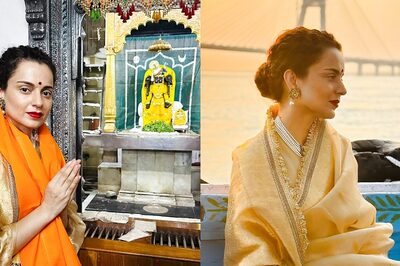
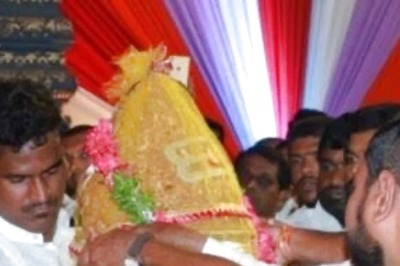
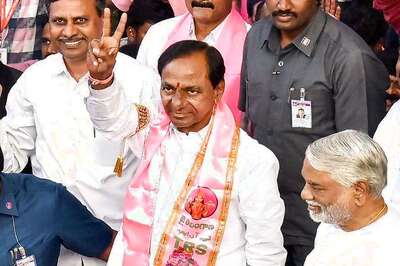




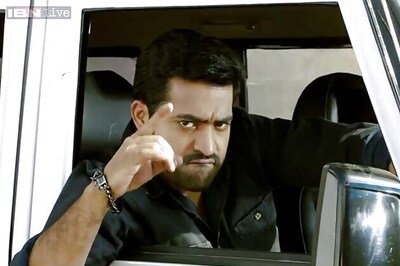

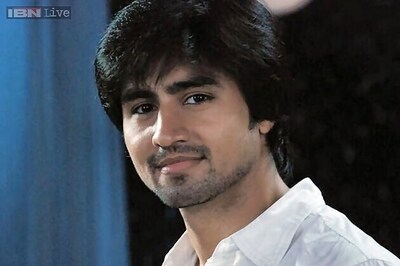
Comments
0 comment